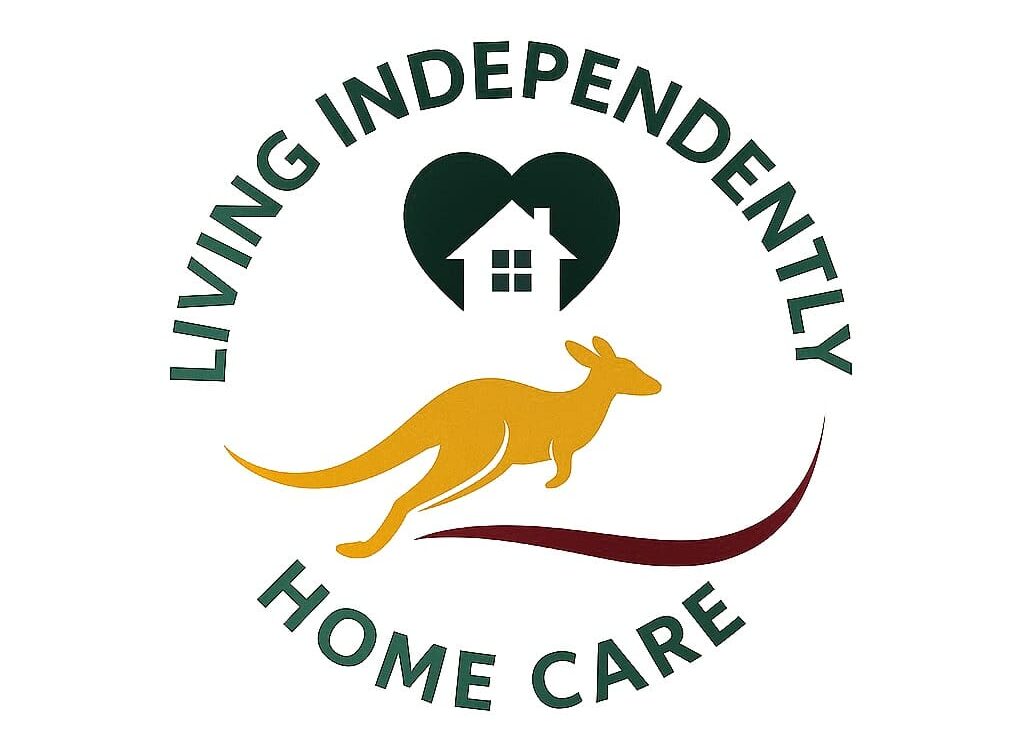4 Powerful Tips to Empower Family Caregivers of Elderly and Disabled Loved Ones
Discover 4 empowering tips for family caregivers supporting elderly or disabled loved ones. Learn about in-home care, NDIS support, and practical tools that help Australian caregivers thrive.
Caring for an elderly parent or a loved one with a disability is an act of love, but it’s also an immense responsibility that can come with emotional, physical, and mental challenges. As a family caregiver, one might often feel overwhelmed, isolated, and underprepared, despite your best efforts. You may be juggling work, personal life, financial constraints, and caregiving duties —leaving little time for self-care and even less for a sense of relief.
In Australia, over 2.7 million people are family carers—individuals who support loved ones with disabilities or health conditions. For many of these caregivers, the stress of this responsibility led to burnout and poor mental health. The good news is, you’re not alone. There is support available, and you don’t have to do this by yourself.
At Living Independently, we believe that family caregivers deserve not just appreciation, but real, practical support. Whether you’re new to caregiving or have been supporting a loved one for years, these four empowering tips can help you care with confidence, balance, and resilience.
1. Know That You’re Not Alone
One of the biggest challenges caregivers face is the feeling of isolation. Many caregivers struggle in silence, believing they must carry the burden alone. But this can be detrimental to both your own health and the well-being of your loved one.
In reality, there are many support services available to family caregivers, and reaching out can make a huge difference. From NDIS providers to Community support services and Carer organizations, these resources offer much-needed respite care, counselling, peer support groups, and even financial guidance. You’ll find that connecting with others who understand your journey can significantly improve your mental and emotional health.
Tip:
Explore Carer Gateway, or check with your state’s carer association for resources, helplines, and free support programs that can help alleviate your caregiving load.
2. Educate Yourself About the Condition and Available Services
Understanding your loved one’s condition is not only essential for providing effective care but can also help reduce the stress that comes with uncertainty. Whether you’re caring for someone with mobility issues, cognitive decline, or a chronic illness, knowledge is power.
The more you understand about the specific needs of your loved one, the better equipped you’ll be to anticipate challenges, avoid emergencies, and manage day-to-day care effectively. For many caregivers, learning about NDIS-funded services and government programs—such as home care packages or personal care support—can provide relief and enhance the quality of life for both the caregiver and the care recipient.
Tip:
Talk to your GP, NDIS support coordinator, or local care provider about educational workshops or carer training that can help you better understand your loved one’s condition and how to manage their care more efficiently.
3. Take Care of Your Own Health and Well-being first.
You cannot pour from an empty cup. It’s easy to fall into the trap of putting your loved one’s needs above your own, especially when you’re feeling stretched thin. But the truth is, burnout helps no one. Your physical and mental health are crucial not only for your own well-being but for the quality of care you can provide.
Did you know?
According to Carers Australia, almost 30% of family carers report high levels of stress, and more than 40% experience symptoms of depression. These statistics highlight the critical need for caregivers to prioritize self-care.
Tip:
Take regular breaks, even if it’s just for 10 minutes a day to practice mindfulness, take a walk, or enjoy a cup of tea. Respite care services can offer you the time to recharge without feeling guilty. Remember: prioritizing your health is a form of empowerment, not selfishness.
4. Embrace Technology and Tools That Make Life Easier
In today’s digital age, technology can be a game-changer for family caregivers. From medication reminders and fall detection devices to mobility aids and meal prep tools, assistive technologies can significantly reduce your daily caregiving load.
For many caregivers, NDIS funding or home care packages can cover the cost of these devices. Incorporating the right tools into your care routine can help maintain your loved one’s independence and give you peace of mind.
Tip:
Don’t hesitate to ask your NDIS provider or home care provider for guidance on which devices can make life easier. We’re here to help you navigate and set up these technologies to fit your unique caregiving situation.
Support for the Supporters: You Deserve It Too
At Living Independently, we see you—and we’re here for you. As a dedicated NDIS and aged care provider in Australia, we offer practical, respectful, and personalized support for family caregivers, not just the individuals they care for. We understand the weight of caregiving and are committed to providing the support you need to thrive.
How We Can Help You:
- Personalized care plans for both the caregiver and care recipient
- Access to respite care services so you can take guilt-free breaks
- Guidance in navigating NDIS services and government programs
- Training and resources to empower you as a caregiver
We’re ready to walk this journey with you, offering you both practical support and emotional encouragement every step of the way.
Need Support as a Family Caregiver?
At Living Independently, we offer in-home support, educational resources, and respite services specifically designed for family caregivers like you. If you need assistance with navigating the NDIS, arranging in-home care, or just need someone to talk to, we’re here to help.
Contact us today and let’s create a care plan that supports both your loved one—and you. Because when caregivers are supported, everyone thrives.
Final Thoughts
Caring for a loved one can be a rewarding yet challenging experience. By taking these four empowering steps—seeking support, educating yourself, prioritizing your health, and embracing technology—one can navigate the complexities of caregiving with confidence and resilience. You don’t have to go through this alone.
At Living Independently, we’re here to support you at every step, so you can continue being the best caregiver possible—without sacrificing your own well-being.

